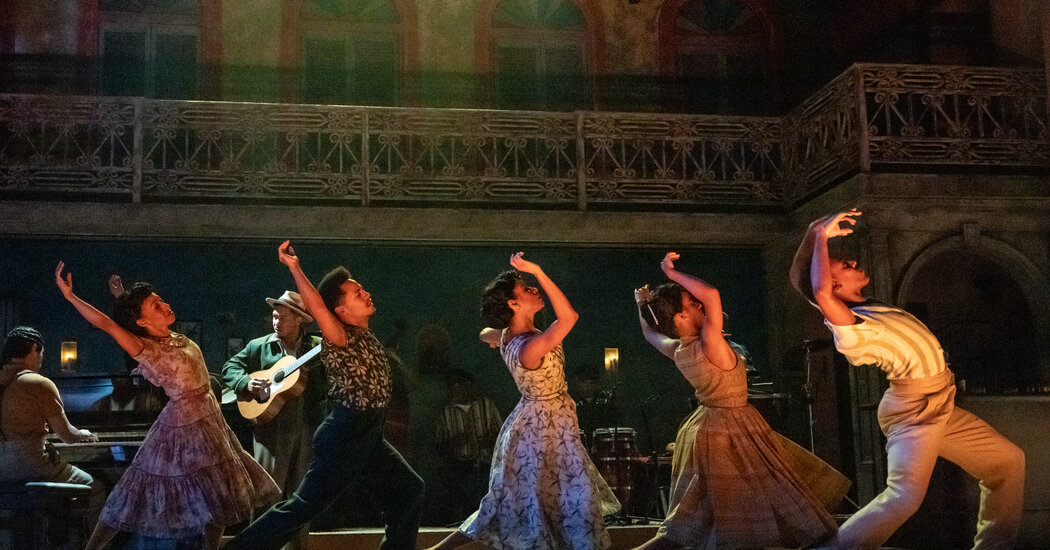The Melodic Journey of “Chan Chan”

One enchanting evening in 1984, the legendary Cuban singer and guitarist Compay Segundo experienced a vivid dream that would forever alter the landscape of Cuban music. As he recounted, “I woke up hearing those four sensitive notes,” which would later evolve into his signature song. Inspired by a childhood tale titled “Juanica y Chan Chan,” Segundo infused the melody with poignant lyrics that encapsulated the essence of peasant life in Cuba.
The hypnotic allure of “Chan Chan” is undeniable, characterized by its four circular, mesmerizing chords that render it instantly recognizable. Initially, the song garnered regional acclaim when it was recorded by the talented guitarist and singer Eliades Ochoa. However, it was a pivotal recording in 1996 by a group of esteemed Cuban musicians brought together for the album titled “Buena Vista Social Club” that catapulted the song into the global spotlight, transforming it into a cultural phenomenon.
Fast forward over 25 years since its release, and the best-selling world music album of all time has made its way to Broadway, inspiring a new musical also named “Buena Vista Social Club.” Within this theatrical adaptation, “Chan Chan” features prominently among eight of the album’s ten timeless tracks. In a pivotal moment of the show, the haunting melody plays as the young singer Omara, portrayed by Isa Antonetti, faces a life-altering decision: whether to leave her beloved Cuba alongside her sister or to remain in Havana, devoted to the traditional music that resonates deeply within her soul.
As the album, primarily composed of timeless Cuban standards, gained international acclaim upon its release in 1997, Segundo’s lyrical masterpiece—reflecting themes of sifting sand along the shoreline and crafting a straw path through the Cuban landscape—emerged as a true standout. Although “Chan Chan” was never officially released as a single, it has amassed over 250 million streams on Spotify, a staggering figure that nearly triples the streaming numbers of any other track on the album. To put this into perspective, this impressive count is comparable to the hits of Toni Braxton’s “Un-Break My Heart” and Hanson’s “MMMBop,” both of which were chart-topping singles in 1997.




